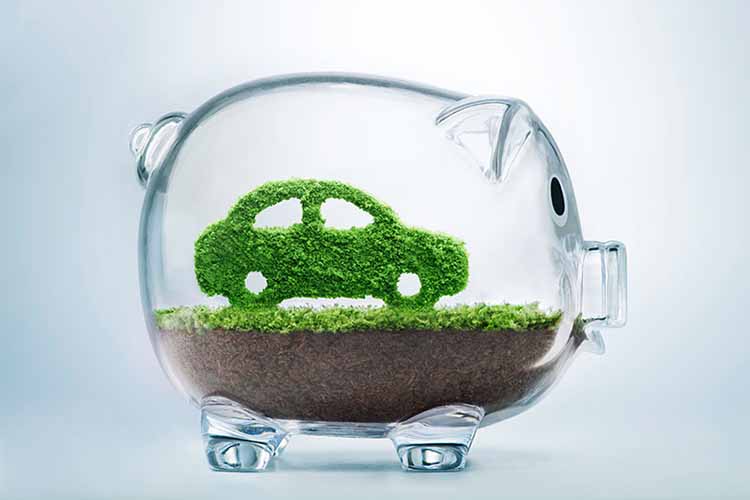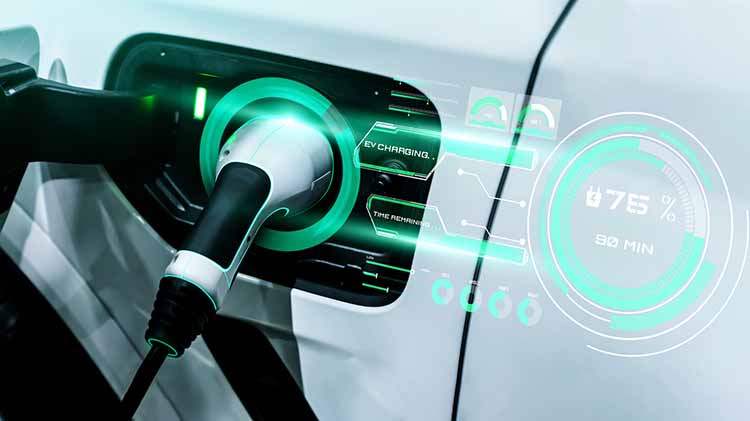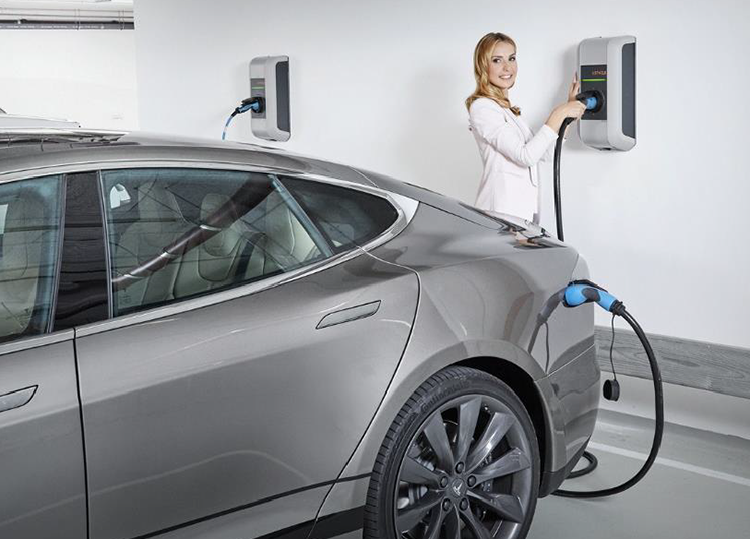Issues related to climate change have become a major concern in recent years, and to address the issues effectively, governments of almost all countries across the globe have been encouraging the growth of the electric vehicle (EV) industry. In line with the global pursuit to reduce carbon emissions, India has also put a renewed focus on popularizing clean mobility by supporting the EV industry players with subsidies and supportive regulations.
The overall automobile sector in the country, including electric vehicles and internal combustion engine (ICE) vehicles, currently is the fifth largest in the world and is expected to become the third largest by 2030. The industry contributes around 7.1 per cent of India’s Gross Domestic Product (GDP) and 49 per cent of its manufacturing GDP. While the automotive sector is valued at $ 222 billion, the net worth of the EV market in the country is expected to be just $ 2 billion by 2023 and $ 7.09 billion by 2025.
However, India holds one of the largest untapped potential for the growth of electric mobility, especially in the two-wheeler segment. The penetration of clean and green two-wheelers on Indian roads is expected to witness exponential growth of 15 per cent by 2025 from just 1 per cent currently. According to the data from the Ministry of Road Transport and Highways, on August 2022, there were a total of 13,92,265 electric vehicles in India and the number is projected to reach 45 – 50 million by 2030.
With support from the government and by leveraging modern-day technologies, EV industry players in the country has huge scope to work on the number of models, charging infrastructure, developing vendor ecosystem and providing financial incentives. For a fast-paced green transformation in India, the government needs to aggressively address certain challenges like the high capital cost, lack of adequate charging infrastructure, etc. While there is a steady improvement in EV sales in the country, around 63 per cent of consumers still believe that purchasing an electric vehicle is beyond their budget.

Creating a robust charging infrastructure has been a major goal, and there are several initiatives taken up by the government, like de-licensing EV charging station installations to facilitate the development of the charging infrastructure on a priority basis. To increase the number of EV charging stations, the government has also extended permits for the installation of private charging stations in residential areas and offices; thereby, any individual can now easily approach the local or state nodal agency for the installation of a private charging point. Furthermore, the government has issued a directive to permit the installation of EV charging points in malls, housing societies, office complexes, restaurants, hotels, and other public places.
The government has also been focused on ensuring the safety of the batteries of electric vehicles. Recently the road transport ministry has constituted an expert committee to chalk out strategies for additional safety requirements in the existing battery safety standards. The government’s move, which came into effect on 1 October 2022, comes in the backdrop of the incidents of electric vehicles catching fire in different parts of the country.

The amendments made by the government in the EV battery standards include safety requirements like battery cells, battery management systems, on-board chargers, design of battery pack, thermal propagation due to internal cell short circuits leading to fire, etc. The transport ministry is also seeking suggestions from all stakeholders to create a more safe and clean mobility infrastructure in the country. The various schemes and changed policies by the government have caused a significant rise in the electric vehicles sector, with the EV makers in India have committed an investment of over Rs 9000 crore in the last one year.

About The Author :

Nitin Kapoor
Managing Director of Saera Electric Auto Private limited, Nitin Kapoor is the second generation leader at the company. An MBA from Symbiosis, Kapoor is a seasoned entrepreneur and a far-sighted businessman. With an exemplary vision and expertise in the sector, Nitin Kapoor has been delivering exceptionally innovative ideas and feasible solutions to one and all technical problems in the organization. Under his leadership, Saera Electric Auto has emerged as one of the leading players in the EV industry in India.
Nitin Kapoor is associated with the automobile industry for over two decades and before venturing into the e-Rickshaw business, he had been one of the key suppliers to Maruti Udyog. His management experience, apart from prompt technical expertise, has made it easier for him to build anything from scratch. His passion for automobiles and technology and his positive attitude towards project execution have made him an inspiration for many entrepreneurs.
Nitin Kapoor is a voracious reader and enjoys reading technology journals in the auto industry. During his leisure time, he keeps studying the trends in the EV industry, both globally and in India. He has been an exemplary speaker at several EV seminars and conferences. Kapoor is also a travel enthusiast and loves exploring virgin places. Being in love with nature since childhood, Kapoor also involved with NGO work for betterment of Society .












